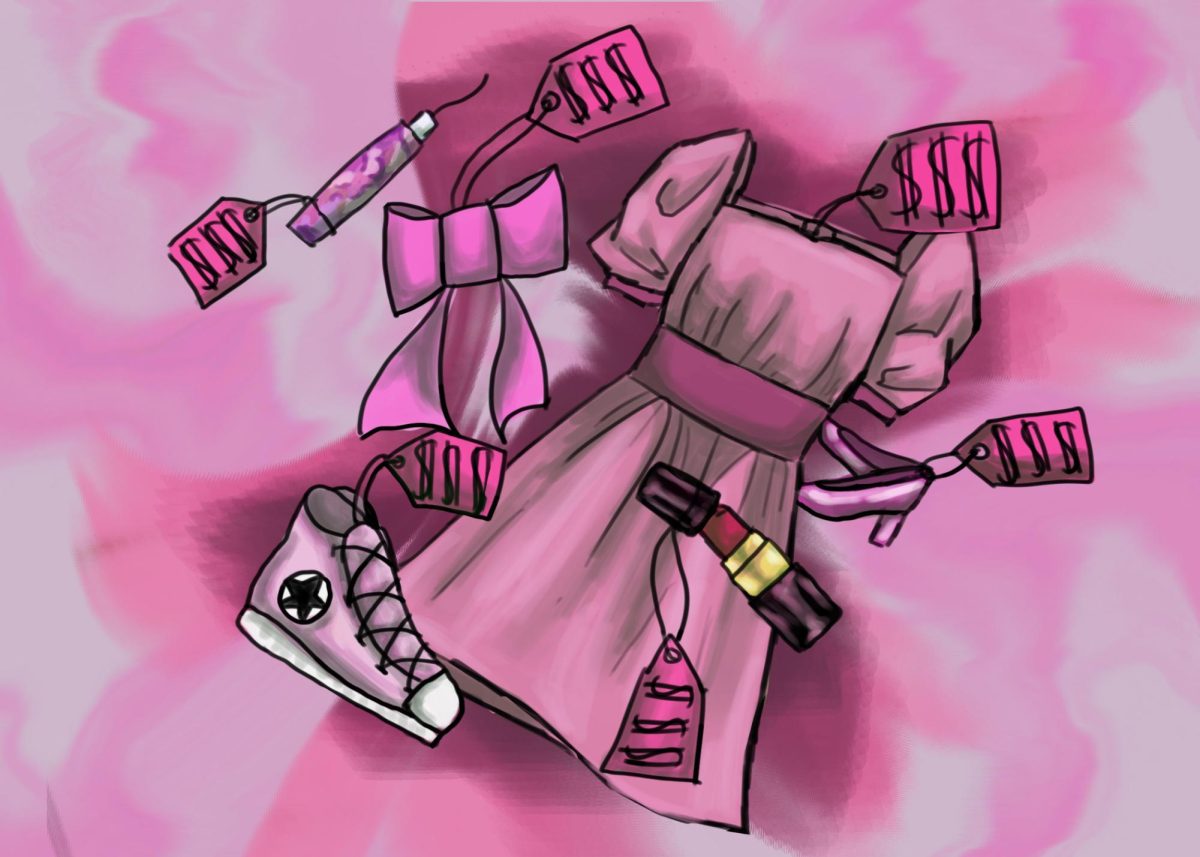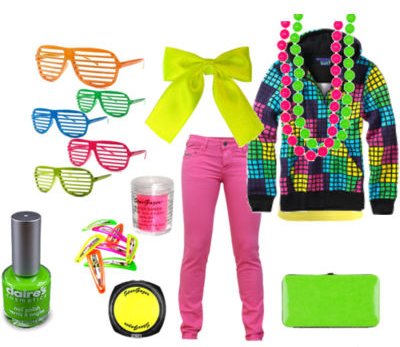While preparing for the Heart Hop, the Class 9 Valentine’s Day-themed dance, the price of getting ready for the event was painful, but not surprising. A week before the dance, I scheduled a nail appointment and ordered my dress. I ventured to Sephora to find the perfect lipstick to match the color of my dress. Unlike those who just had to buy, rent, or re-wear a suit, I worried about every aspect of my appearance, from the color of my nails to the bow in my hair. As a woman, I felt that every part of my body had to look intentional to ensure that I looked “put together.”
Even without the pressure of a school dance, women are expected to purchase more accessories and accouterments to uphold an elegant appearance. My mother, a dentist, always admits that “no matter what you do, you have to look the part.” As a woman in a male-dominated industry like medicine, I have seen firsthand how she feels the need to obtain a refined appearance in order to gain respect from her patients and colleagues. Unlike her male counterparts who automatically have the trust of their patients, women who work in my mom’s field do not share the same sentiment.
These ideals stem from the belief that women should remain unnaturally perfect at all times. This patriarchal belief system preys on women’s insecurities by promoting the purchase of products and services like hair treatments, cosmetics and clothes. We are forced to succumb to this consumerist pressure to avoid being deemed “unkept” or “frumpy.”
Society maintains the narrative that if a woman does not look impeccable, she will be shunned. Women in professional environments are expected to walk the thin line of looking what society deems pretty while also looking modest. This creates a double standard where women not only have to worry about how their personalities and intelligence are perceived by others, but their looks, too.
Despite their efforts to please, women are still constantly deflated by society. If a woman is seen as focused on her appearance, she will be deemed as superficial. When she leans away from things like cosmetics or other “feminine” methods of upkeep, they are faced with comments like “you look tired” or “are you okay?”
We can’t win.

















